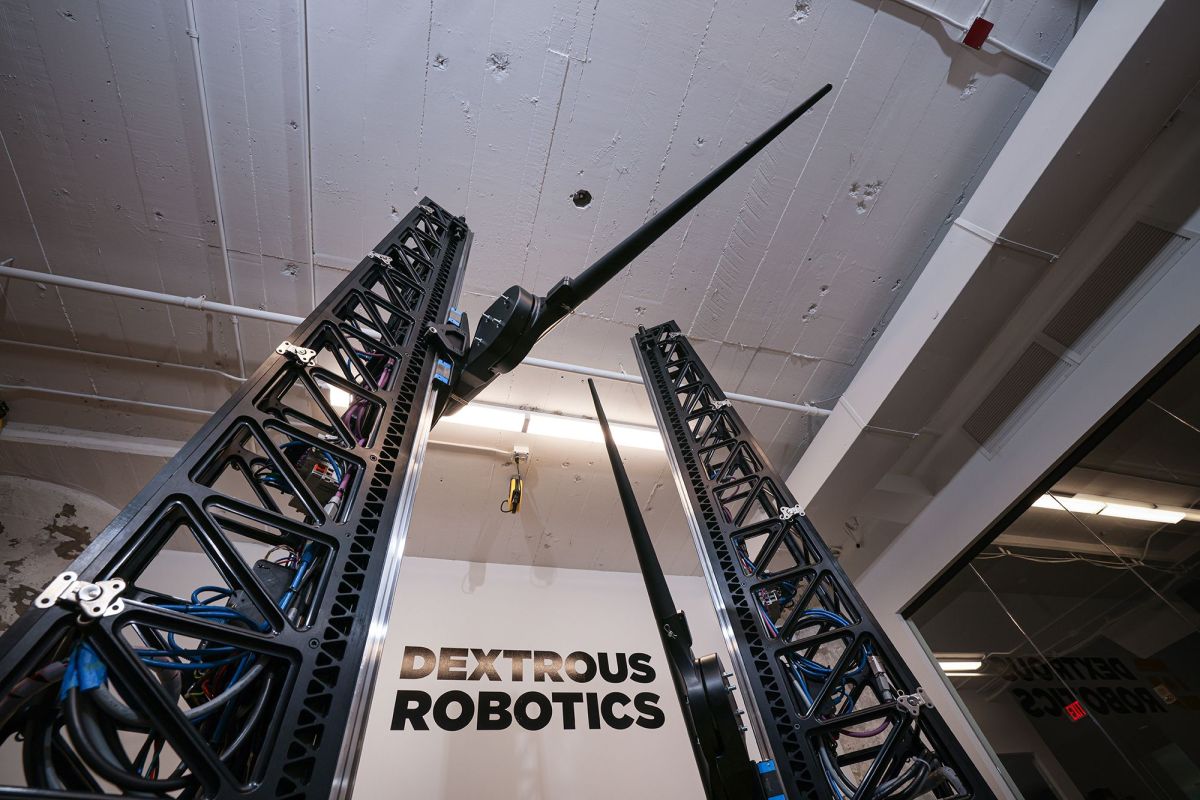Memphis-based Dextrous Robotics is calling it a day. The news, noted by the Robot Report, was confirmed by the warehouse robotics firm’s CEO, Evan Drumwright, on LinkedIn. The executive spells out the company’s fate at the top of the post, noting, “Put simply, we adopted an aggressive trajectory 18 months ago that the recent investment […]
© 2023 TechCrunch. All rights reserved. For personal use only.
Memphis-based Dextrous Robotics is calling it a day. The news, noted by the Robot Report, was confirmed by the warehouse robotics firm’s CEO, Evan Drumwright, on LinkedIn. The executive spells out the company’s fate at the top of the post, noting, “Put simply, we adopted an aggressive trajectory 18 months ago that the recent investment market didn’t support. We became insolvent as a result.”
Even in immaculate economic conditions, launching a startup is something of a fool’s errand — that’s doubly the case with hardware and, perhaps, triply so in robotics. It’s an expensive pursuit that requires extensive runways and room to make pivots, and even the most promising companies rarely make it off the runway.
Last year, Dextrous made headlines for its novel approach to truck unloading. The system deploys a “chopstick” method, wherein a pair of vertical-oriented girders control a pair of sticks that press up against the boxes to lift them. The titular dexterity (not to be confused with fellow truck unloading robot firm Dexterity AI) allows the system to approach boxes from a variety of vantage points and angles.
“We started Dextrous Robotics four years ago to organize our world with machines and focused on automating one of the most dangerous tasks in the industrialized world,” says Drumwright. “We don’t think humans should have to sacrifice their physical health in order for goods to make their way around the world.”
The post goes on to add that the company’s DX-1 robot was “on track” to deploy with a pair of “large logistics companies.” Between ongoing labor crunches and a longstanding desire to compete with the likes of Amazon, there’s certainly appetite for this technology. Truck loading and unloading is extremely physically taxing work that’s equally difficult to automate.
But the work done in this industry is never done in vain. The ideas pioneered on DX-1 will likely surface sooner or later somewhere down the road.

Leave a Reply